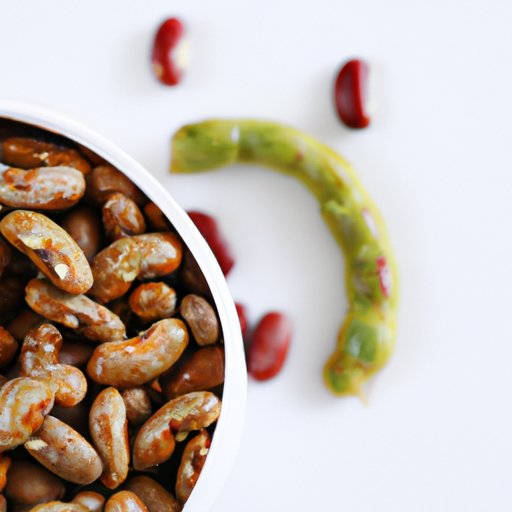How to Fix Constipation: Natural and Medical Treatments
If you’ve ever experienced the discomfort and frustration of constipation, you know how much it can impact your quality of life. It’s estimated that as many as 20% of adults experience chronic constipation, a condition characterized by infrequent or difficult bowel movements. While constipation can be caused by numerous factors, such as stress, medication, and hormonal changes, it’s important to seek treatment since leaving it untreated can worsen the condition and lead to complications such as hemorrhoids, anal fissures, and even bowel obstructions. Fortunately, there are many ways to alleviate constipation, both natural and medical. Here are some methods that can help.
Dietary Changes
Diet has a significant impact on the digestive system and bowel movements. Consuming foods that are high in fiber, especially insoluble fiber, can help bulk up stools and soften them, making them easier to pass. Aim to eat 25-30 grams of fiber per day. Foods that are good sources of fiber include whole grains, beans, nuts, seeds, and most fruits and vegetables. In addition to fiber, eating prunes, pears, and kiwis can help regulate bowel movements. Here are some tips for incorporating these foods into your diet:
– Add chia or flax seeds to your smoothies, oatmeal, or yogurt.
– Have a handful of nuts or seeds as a snack.
– Replace white bread and pasta with whole-grain varieties.
– Make sure to include a serving of fruits or veggies at every meal.
– Try buying dried prunes or keeping a container of them on hand as a quick snack.
Exercise and Movement
Physical activity encourages the body to contract and relax the intestinal muscles, which can stimulate bowel movements. Exercise also promotes blood flow to the digestive system, helping to speed up the waste removal process. Some specific exercises or stretches that help relieve constipation include:
– Yoga poses like the seated forward fold, spinal twist, and downward dog.
– Abdominal exercises such as crunches or sit-ups.
– Brisk walking, jogging, or cycling.
In addition to structured exercise, it’s important to stay active throughout the day. Even simple actions like standing up and stretching periodically can help encourage movement in the digestive system.
Lifestyle Changes
There are several lifestyle factors that can contribute to constipation, including dehydration, poor sleep, and a sedentary lifestyle. Here’s how to address each one:
– Hydration: Make sure to drink plenty of water throughout the day, especially if you’re consuming high-fiber foods. Aim for at least eight 8-ounce glasses per day.
– Sleep: Try to establish a consistent sleep schedule and aim for 7-8 hours of sleep per night. Poor sleep habits can disrupt the digestive system and contribute to constipation.
– Sedentary lifestyle: If you work a desk job or spend a lot of time sitting, make an effort to stand up and move around frequently. Even small actions, like taking the stairs instead of the elevator, can help.
Natural Remedies
Some natural remedies, such as herbal teas and essential oils, may help alleviate constipation. However, it’s important to approach these with caution and always speak to a healthcare professional before using them. Some natural remedies that may help include:
– Senna tea: Senna is an herbal laxative that is often used to relieve constipation. However, it can be harsh on the digestive system and should only be used under the guidance of a healthcare professional.
– Peppermint essential oil: Peppermint oil has natural digestive properties and can help relax the muscles in the digestive system. Add a few drops to your bathwater or a carrier oil and massage into your abdomen.
– Aloe vera juice: Aloe vera has a natural laxative effect and can help soften stools. However, it can also cause diarrhea and should be used in moderation.
Medical Treatments
If natural remedies and lifestyle changes aren’t enough to relieve constipation, there are several medical treatments that can help. Laxatives are a common treatment for constipation. They work by softening stools or creating a bowel movement by stimulating muscle contractions. However, they can be habit-forming and should be used sparingly. Enemas, which involve inserting a liquid solution into the rectum to loosen and stimulate bowel movements, are another option. However, these should only be used under the guidance of a healthcare professional.
Conclusion
Constipation can be a frustrating and uncomfortable condition, but it can be treated with a variety of natural and medical methods. By incorporating high-fiber foods, exercise, and lifestyle changes, you can help regulate bowel movements and alleviate constipation. If these methods aren’t enough, medical treatments like laxatives and enemas can help. Remember to always speak to a healthcare professional before trying any new treatment. With patience and persistence, you can find relief from constipation and enjoy better bowel health.
